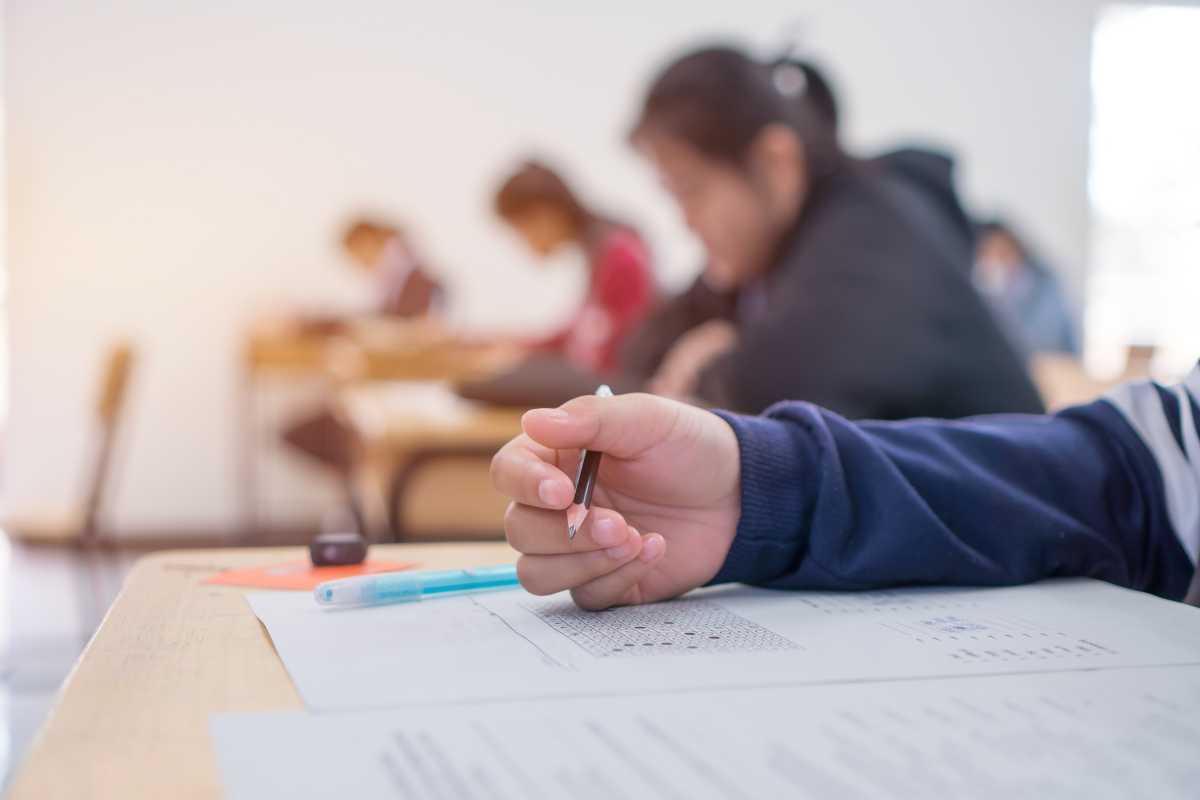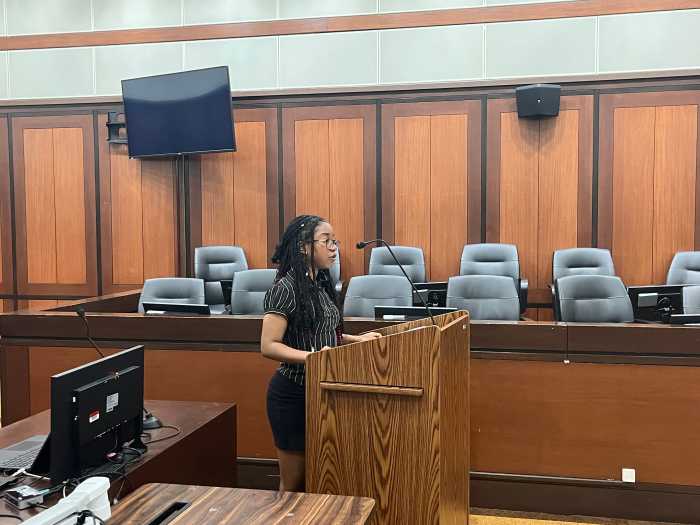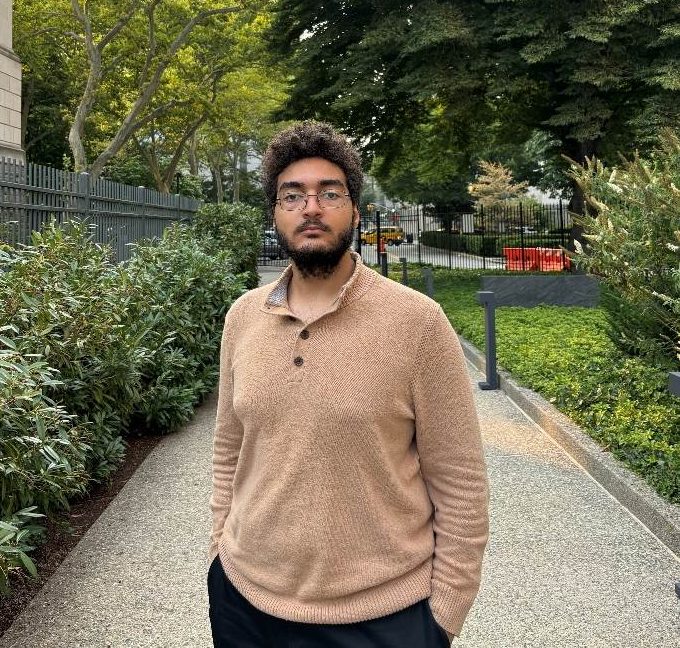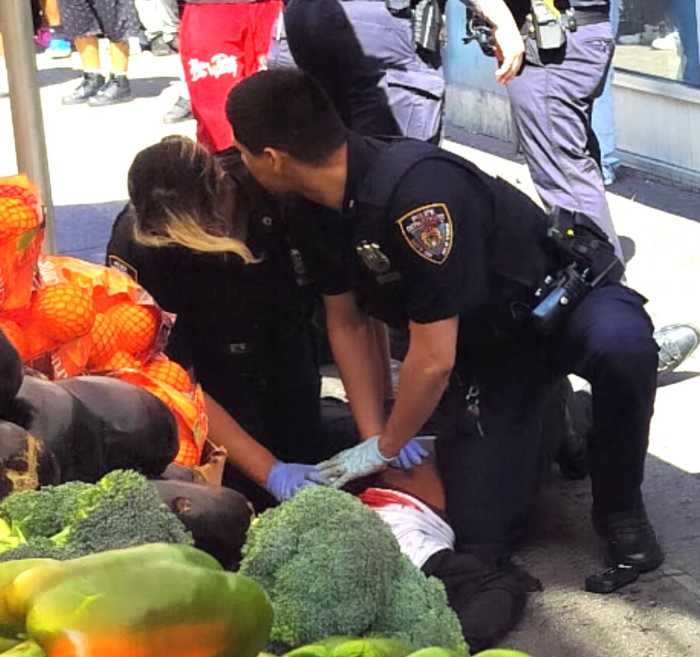The Senate Democratic Majority on Wednesday, Feb. 3, advanced a major piece of legislation to address the inequity in New York schools and support diversity in the education system.
Queens Senators Toby Ann Stavisky and John Liu say the legislation will implement ‘Grown Your’ Own’ initiatives to help more Yorkers become educators, expand eligible religious holiday observances, determine ways to increase SUNY participation in the Educational Opportunity Program, and provide more support, training, and mentorship opportunities for educators.
“New York prides itself on being one of the most ethnically diverse states in the country. It is our different cultures, backgrounds and ethnicities that help enrich our shared experiences,” said Stavisky, chair of the Senate Committee on Higher Education. “This legislation will help ensure that all of our student populations are well represented in our schools from pre-K through college. By fostering a more diverse teaching community, and creating a more inclusive learning environment, we can help shape a stronger, more unified New York for generations to come.”
Liu, chair of the Senate NYC Education Committee and bill sponsor, said while there is a stark lack of diversity among the ranks of New York’s teachers, ‘Grow Your Own’ programs help address teacher shortages and remove barriers for people of color who want to teach.
“This bill will help school districts in New York develop ‘Grown Your Own’ initiatives to increase the number of teachers from diverse communities,” Liu said. “Promoting diversity can create an environment that cultivates better ideas and brighter futures for all. In order to progress as a society we must do all we can to update systems that have for far too long neglected to be truly representative of our population.”
The legislation advanced by the Senate majority includes:
- ‘Grow Your’ Own Initiatives (Senate Bill S.1100): This legislation, sponsored by Liu, develops ‘Grow Your Own’ initiatives at school districts, boards of cooperative educational services and higher education institutions to attract underrepresented candidates into the teaching profession.
- Expanded observance of religious holidays (Senate Bill S.1137): This legislation, also sponsored by Liu, mandates that the state and city universities of New York shall hold students harmless for their observance of religious and culturally significant holidays.
- Commission on Affordable College Education (Senate Bill S.1520): Establishes a temporary state commission to study the 10 SUNY community colleges that have not participated in the Educational Opportunity Program (EOP) and make recommendations for legislative action based upon its findings.
- Amistad Commission (Senate Bill S.1924): Moves the Amistad Commission from the Department of State to the New York State Education Department. The Amistad Commission was created in 2005 by the Legislature to review New York State’s curricula regarding the transatlantic slave trade and slavery in America, and make recommendations for improvement.
- Regional Conventions for Underrepresented Educators (Senate Bill S.1984): Directs the commissioner of education to convene statewide and regional conventions to bring together underrepresented teachers to discuss experiences, best practices, and provide for mentorship and networking opportunities.
- Establish a Task Force on Educator Diversity (Senate Bill S.2555): Establishes a task force on educator diversity in New York State.
Senate Majority Leader Andrea Stewart-Cousins said they’re committed to tearing down the barriers that create inequities in school systems.
“This legislation package continues those efforts through advancing programs to attract diverse educators, strengthening the community of underrepresented educators, and establishing a task force to study educator diversity,” Stewart-Cousins said. “We know that our children learn better when they see themselves in their teachers. I thank the bill sponsors and advocates who have worked hard to address these issues.”




































